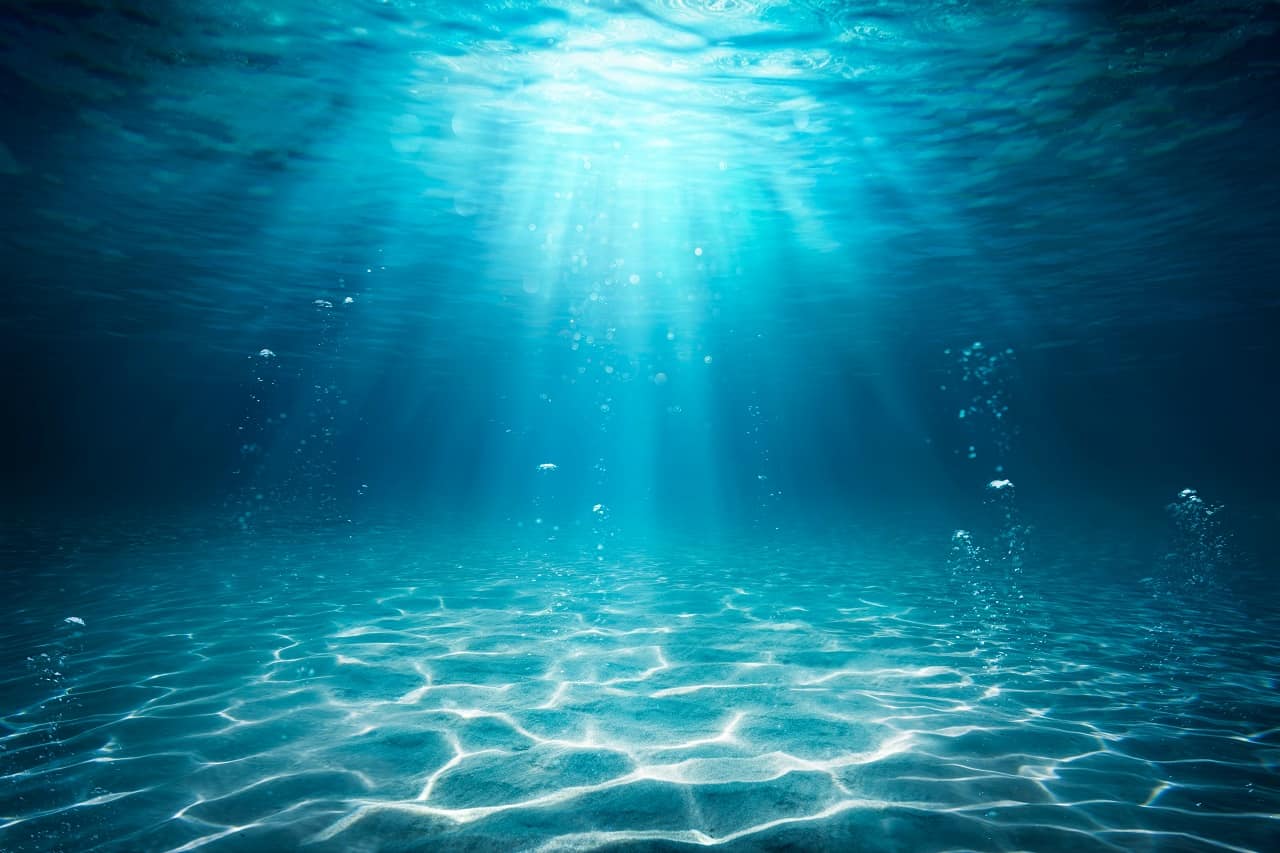
More than 200 scientists have signed a letter calling for “responsible” research into ways to use the oceans to sequester the warming carbon dioxide. Universe. They call for the adoption of urgent measures to contain climate change, which has caused an increase in extreme events in recent years.
Read more
Oceans can help sequester carbon dioxide
Increases in carbon dioxide (CO2) emissions have contributed to higher temperatures on the planet. Several global warnings have already been issued highlighting the urgent need to reduce the release of these gases into the atmosphere, but specialists have also studied alternatives to absorb the material already emitted.
In this scenario, the oceans can be great allies. It already contains about 50 times more carbon than the atmosphere. And the idea of scientists is to enhance this natural phenomenon. The problem is that there are risks in this process.
This is why they call for responsible research on this topic. In other words, the outgoing letter calls for efforts so that science can better understand the potential of the oceans, along with any side effects.
Although ocean-based CO2 removal methods have huge potential, there are also risks. The community does not yet have sufficient information about the efficacy or effects of any particular approach and therefore cannot make informed decisions about its widespread use.
Scientists, in a letter issued
There are risks to marine life
- There are a few known ways to increase the ocean’s capacity to absorb and retain carbon dioxide.
- Some are natural, such as restoring coastal ecosystems that remove carbon dioxide through photosynthesis.
- Others rely on technology.
- For example, some startups in California have built pilot plants to filter carbon dioxide from the ocean.
- The idea is to remove carbon dioxide from the water so it has the ability to absorb more of the substance.
- But some environmental advocates warn of the dangers of such behavior to marine life, according to a report the edge.
Scientists say doing nothing is immoral
The letter was signed by some big names in climate and environmental sciences. David King, former chief scientific adviser to the UK government, and James Hansen, a former NASA climatologist famous for warning the world about climate change during congressional testimony in 1988.
Oceans are also affected by climate change. For example, a heat wave in the Atlantic Ocean is destroying coral reefs in Florida (learn more about it by clicking here).
I’ve seen this massive decline in the health of the oceans (…) Doing nothing is fundamentally unethical. We need to at least know the risks and benefits, and see if we can help solve the problem we’ve created.
Deborah Iglesias Rodriguez is chair of the Department of Ecology, Evolution and Marine Biology at the University of California
Have you seen the new videos on Youtube digital look? Subscribe in the channel

“Friendly zombie guru. Avid pop culture scholar. Freelance travel geek. Wannabe troublemaker. Coffee specialist.”






